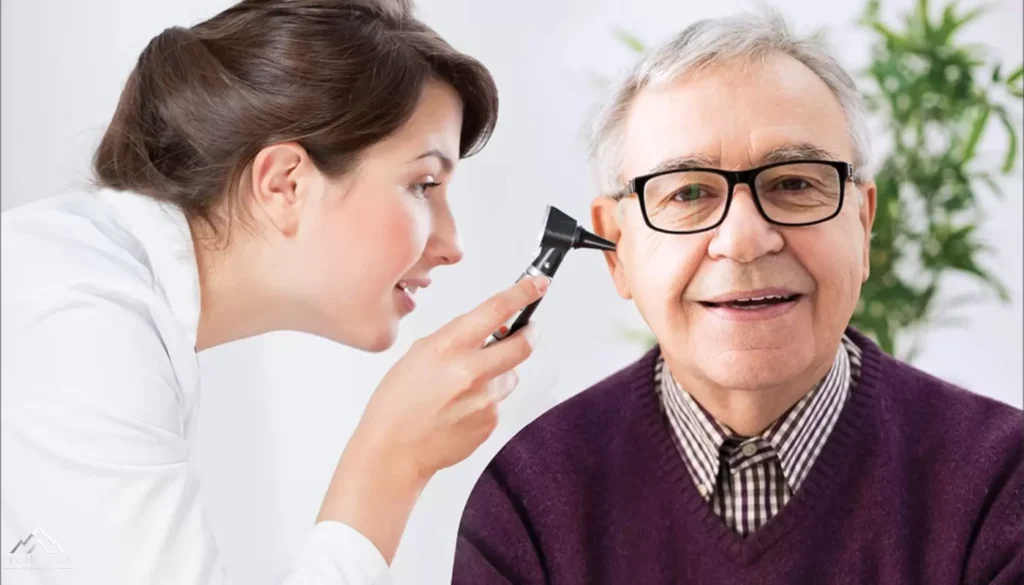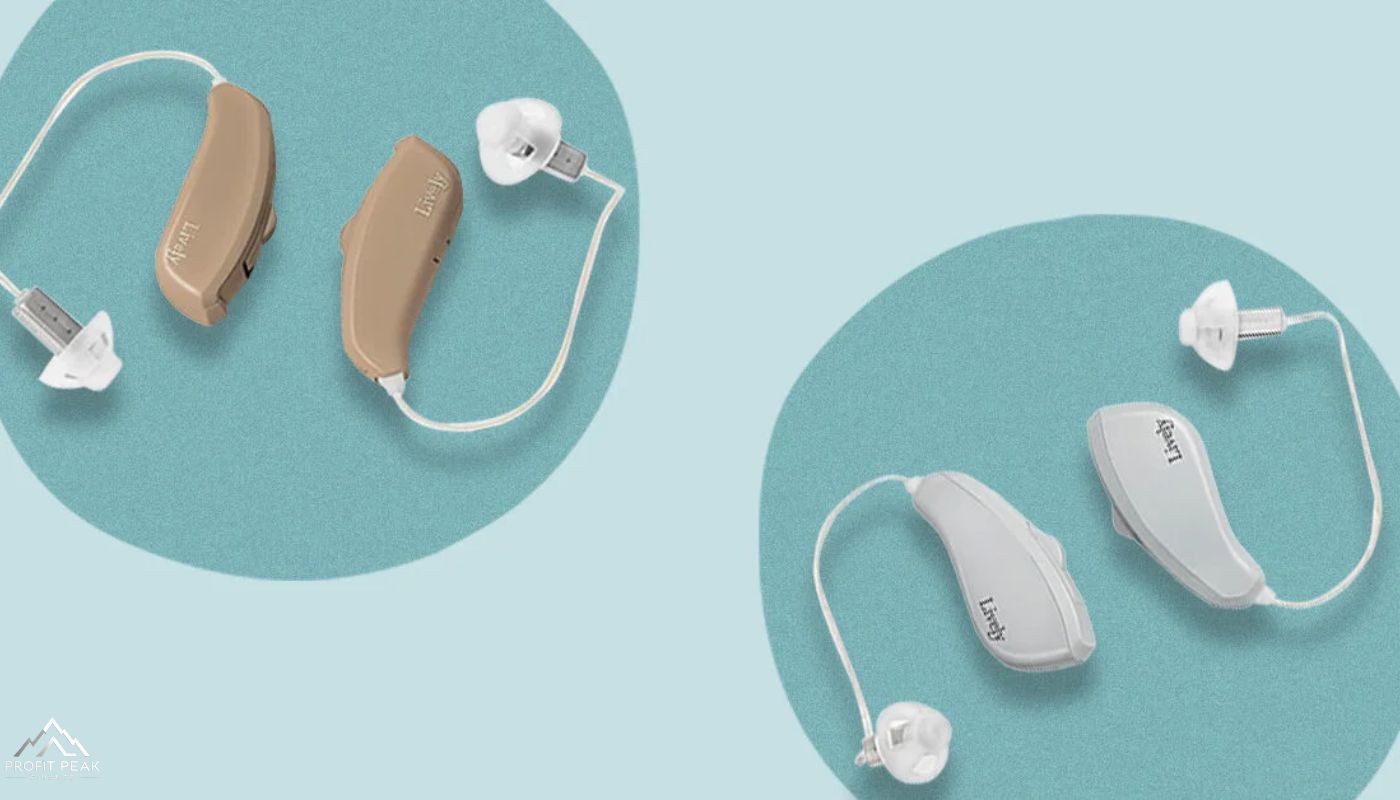Who Qualifies for Hearing Aid Coverage Under Indiana Medicaid?
Hearing loss can profoundly impact an individual’s quality of life, making everyday activities like conversing with loved ones or enjoying music a challenge. Fortunately, Indiana Medicaid recognizes the importance of accessible hearing healthcare and provides coverage for hearing aids to eligible members. But who exactly qualifies for these benefits?
To be eligible for hearing aid coverage under Indiana Medicaid, individuals must meet certain income, disability, and age criteria set by the state. Generally, low-income adults and children with profound hearing loss or auditory impairments may qualify. Qualifying conditions can include:
- Sensorineural hearing loss (nerve deafness)
- Conductive hearing loss (resulting from issues with the outer or middle ear)
- Auditory neuropathy spectrum disorder (ANSD)
- Certain types of unilateral (one-sided) or bilateral hearing loss
It’s important to note that both children and adults can be covered, as untreated hearing loss at any age can lead to auditory deprivation, speech and language delays, and other developmental challenges.
Real-Life Example
Maya, a 7-year-old girl from Indianapolis, was born with profound sensorineural hearing loss in both ears. Thanks to Indiana Medicaid’s coverage, she received her first set of behind-the-ear hearing aids at 18 months old. The hearing aids have made such a difference in Maya’s speech development and ability to engage with the world around her, says her mother, Sarah.
The Process of Getting Hearing Aids Through Indiana Medicaid

If you or a loved one meet the eligibility criteria, the process of obtaining hearing aids through Indiana Medicaid involves several key steps:
- Getting a Hearing Test/Evaluation: The first step is to schedule a comprehensive hearing evaluation with an audiologist approved by Indiana Medicaid. This test will assess the type and degree of hearing loss.
- Obtaining a Prescription and Pre-Approval: Based on the evaluation results, the audiologist will provide a prescription for hearing aids if deemed medically necessary. This prescription, along with a medical clearance form completed by a primary care physician, must be submitted to Indiana Medicaid for pre-approval.
- Selecting an Approved Hearing Aid Model/Type: Indiana Medicaid maintains a list of approved hearing aid models and styles that providers can choose from. This list typically includes a range of behind-the-ear (BTE), in-the-ear (ITE), and in-the-canal (ITC) options from major manufacturers.
- The Hearing Aid Fitting and Follow-Up Appointments: Once the hearing aid model is approved, the patient will return to the audiology clinic for a fitting appointment. The audiologist will program the devices specifically for the patient’s needs. Follow-up appointments are crucial for making any necessary adjustments and ensuring proper fit and functionality.
Pro Tip: Bring a family member or friend to your hearing aid fitting appointment. Having an extra set of ears can be helpful in understanding the audiologist’s instructions for care and maintenance.
Read This: The Essential Guide to Hearing Aid Domes and Earbuds
Hearing Aid Coverage Limitations and Costs
While Indiana Medicaid’s hearing aid coverage is undoubtedly a valuable benefit, it’s important to understand the limitations and potential out-of-pocket costs. Here are a few key points to keep in mind:
- Hearing Aid Styles/Models: Medicaid typically covers a range of basic to moderately advanced hearing aid models, but may not cover the latest or most technologically sophisticated options.
- Replacement Frequency: There are limits on how often hearing aids can be replaced, usually every 4-5 years for adults and more frequently for children to accommodate growth and development.
- Co-Pays and Deductibles: Depending on the specific Medicaid plan, members may be responsible for co-pays or deductibles when obtaining hearing aids.
- Upgrades and Advanced Features: If a patient wants a hearing aid model with advanced features like bluetooth connectivity or rechargeable batteries, they may need to pay out-of-pocket for the upgrade cost.
Example Cost Breakdown:
| Service | Medicaid Coverage | Estimated Patient Cost |
| Basic Hearing Aid (per ear) | Fully Covered | $0 |
| Premium Hearing Aid (per ear) | Partially Covered | $500 – $1,000 |
| Replacement Ear Molds | Fully Covered | $0 |
| Batteries (per year) | Partially Covered | $50 – $150 |
Real-Life Examples and Advice

Getting hearing aids through Indiana Medicaid can seem daunting, but many members have successfully navigated the process. Here are some real-life examples and tips:
My son has severe hearing loss, and Indiana Medicaid has been a lifesaver in affording the hearing aids he needs. The key is being proactive about scheduling appointments and following up on approvals.” – Janine T., Fort Wayne
I was initially denied coverage for the hearing aid model I wanted, but I appealed the decision with documentation from my audiologist explaining the medical necessity. Persistence paid off! Marcus R., Bloomington
Pro Tip: Keep copies of all paperwork, approvals, and denial letters. This documentation can be helpful if you need to appeal a decision or reapply for coverage in the future.
Read Also This: Therapists That Accept AHCCCS: A Comprehensive Guide
Additional Resources for Indiana Residents
Understanding and accessing hearing aid coverage can be challenging, but fortunately, there are several resources available to Indiana residents:
- Local Audiology Clinics: Many audiology clinics have staff specifically trained in navigating Medicaid and insurance policies. They can guide you through the process and handle much of the paperwork.
- Indiana Family and Social Services Administration (FSSA): The FSSA website (www.in.gov/fssa) provides information on Medicaid eligibility, covered services, and how to apply or renew benefits.
- Indiana Deaf and Hard of Hearing Services: This state agency offers resources, support groups, and advocacy for individuals with hearing loss. Their website (www.in.gov/idhhc) includes a directory of service providers.
- Hearing Loss Association of America – Indiana State Association: This non-profit organization provides education, support, and advocacy for Hoosiers with hearing loss. Their website (www.hlaloosier.org) lists local chapter meetings and events.
Conclusion
Hearing loss can be an isolating experience, but Indiana Medicaid’s coverage for hearing aids aims to improve accessibility and quality of life for eligible members. By understanding the eligibility criteria, navigating the approval process, and being aware of coverage limitations, you can make the most of this valuable benefit.
If you or a loved one may qualify for Medicaid hearing aid coverage, don’t hesitate to reach out to local audiology clinics, state agencies, or support organizations for guidance. Proper hearing healthcare can open doors to better communication, cognitive function, and overall well-being.
Remember, early intervention and treatment are crucial for preventing auditory deprivation and its effects. Take the first step towards better hearing today!

Marathi author Anju Mary has made a mark in the literary world with her innovative storytelling and deep passion for reading. Her unique narrative style and creative approach offer readers a distinctive and enriching experience, solidifying her reputation as a prominent writer.











